Art History
1/83
There's no tags or description
Looks like no tags are added yet.
Name | Mastery | Learn | Test | Matching | Spaced | Call with Kai |
|---|
No analytics yet
Send a link to your students to track their progress
84 Terms
14-16th century
Emphasis on humanism, classical antiquity, and perspective.
Linear perspective and atmospheric perspective
Idealized beauty, balanced compositions, and harmony
Religious and mythological themes, often with secular influences
Patronage from church and wealthy families
Italian Renaissance
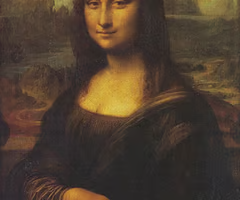
Italian Renaissance (14th-16th Century) Leonardo Da Vinci Mona Lisa
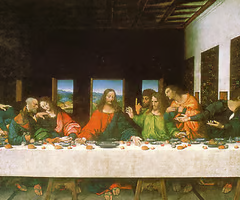
Italian Renaissance (14th-16th century) Leonardo Da Vinci, The Last Supper
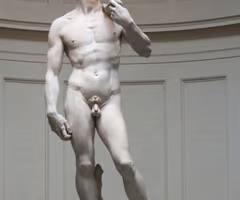
Italian Renaissance (14th-16th) Michelangelo David

Italian Renaissance (14th-16th) Michelangelo The Creation of Adam
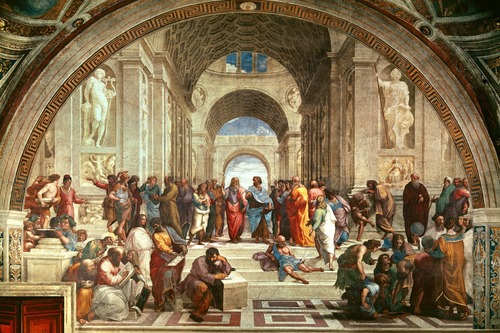
Italian Renaissance (14th-16th) Raphael, The School of Athens
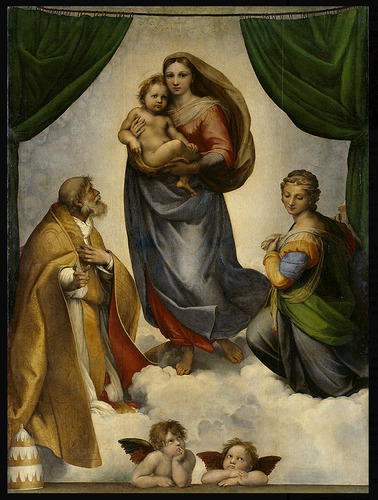
Italian Renaissance (14th-16th) Raphael Sistine Madonna
15th-16th Century
Focus on detail, naturalism, and oil painting techniques
Strong use of symbolism and religious themes
Emphasis on domestic scenes and landscapes
Greater attention to texture and light than in the the ItRe
A direct response to the ItRe
Northern Renaissance

Northern Renaissance (15th-16th) Jan Van Eyck The Arnolfini Portrait

Northern Renaissance (15th-16th) Jan Van Eyck Ghent Altarpiece

Northern Renaissance (15th-16th) Albrecht Durer Melencolia 1
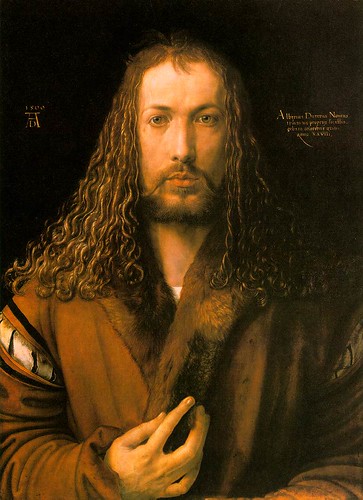
Northern Renaissance (15th-16th) Albrecht Durer Self Portrait 1500

Northern Renaissance (15th-16th) Hieronymus Bosch The Garden of Earthly Delights
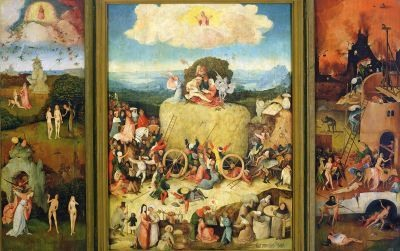
Northern Renaissance (15th-16th) Hieronymus Bosch The Haywain Triptych
1520s-1600s
Exaggerated proportions and elongated forms
Complex compositions unnatural poses and perspectives
Emotionally intense and theatrical depictions
Vibrant, often unnatural colors
Focus on elegance and artificiality over naturalism
End of the Renaissance
Mannerism
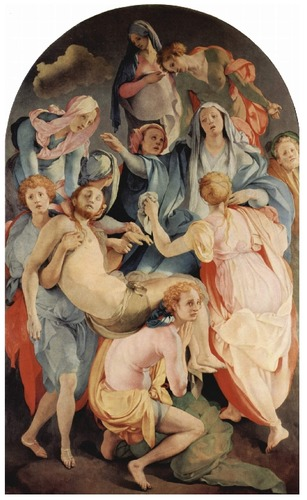
Mannerism (1520s-1600s) Jacopo Pontormo Deposition from the Cross

Mannerism (1520s-1600s) Jacopo Pontormo Joseph in Egypt

Mannerism (1520s-1600s) Parmigianino Madonna with the Long Neck
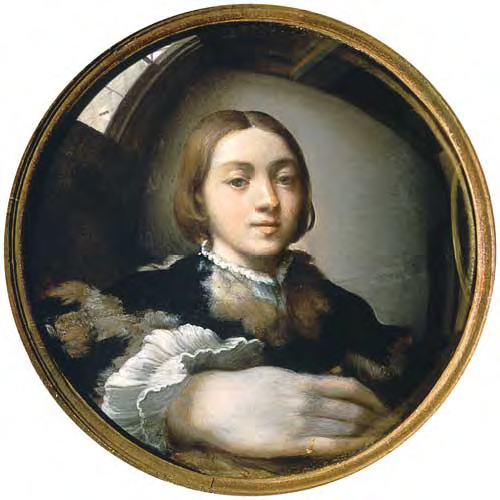
Mannerism (1520s-1600s) Parmigianino Self Portrait in a Convex Mirror
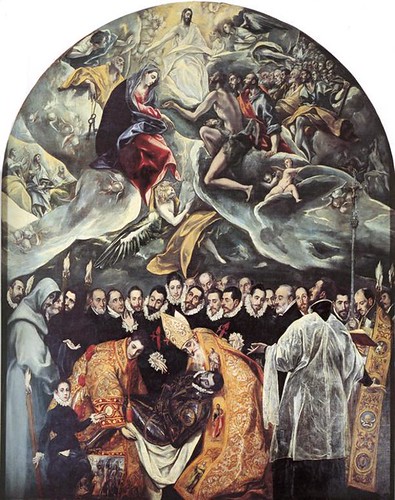
Mannerism (1520s-1600s) El Greco The Burial of the Count of Orgaz
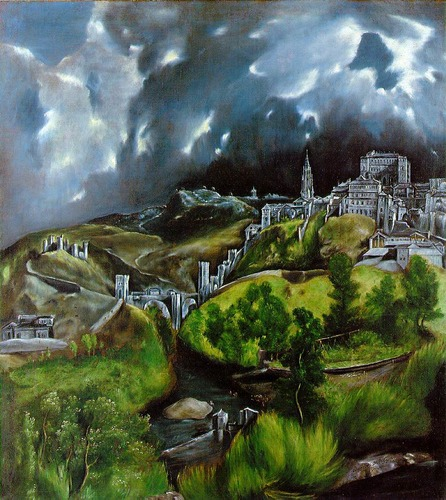
Mannerism (1520s-1600s) El Greco The View of Toledo
1600s-1750s
Dramatic Lighting (chiaroscuro)
Emotional Intensity and movement
Grand, theatrical compositions
Religious and mythological themes, often commissioned by church as counter reformation propaganda
Rich colors and deep contrasts
Baroque
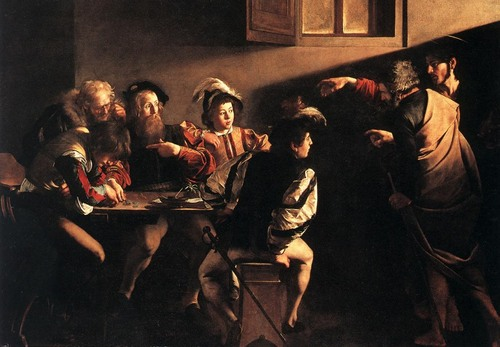
Baroque (1600s-1750s) Caravaggio The Calling of Saint Matthew
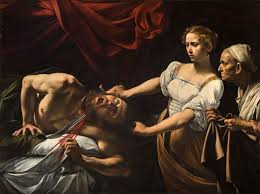
Baroque (1600s-1750s) Caravaggio Judith Beheading Holofernes

Baroque (1600s-1750s) Peter Paul Rubens The Descent from the Cross
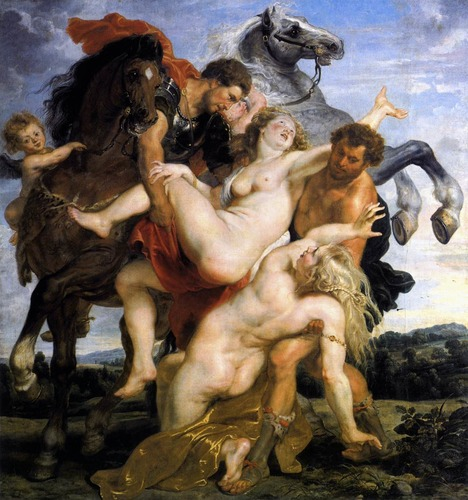
Baroque (1600s-1750s) Peter Paul Rubens The Rape of the Daughters of Leucippus
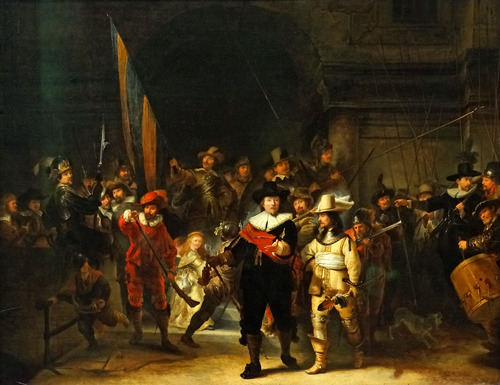
Baroque (1600s-1750s) Rembrandt The Night Watch

Baroque (1600s-1750s) Rembrandt The Anatomy Lesson of Dr. Nicolaes Tulp
1720s-1780s
Light pastel colors and soft, curving lines
Playful, romantic, and decorative themes
Focus on aristocratic leisure and flirtation (think French Revolution)
Asymmetrical compositions with an airy feel
Highly ornamental and extravagant
Rococo

Rococo (1720s-1780s) Francois Boucher Madame de Pompadour

Rococo (1720s-1780s) Francois Boucher The Triumph of Venus
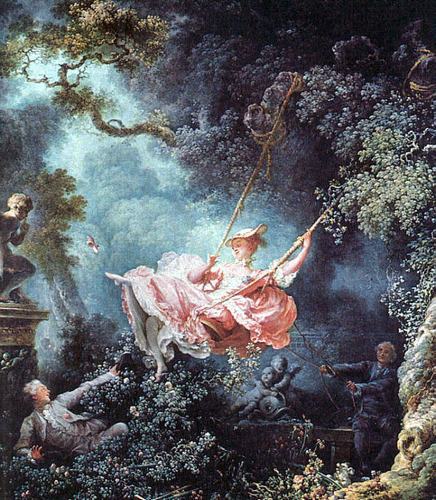
Rococo (1720s-1780s) Jean-Honore Fragonard The Swing

Rococo (1720s-1780s) Jean Honore Fragonard The Progress of Love
1750s-1830s
Inspired by Ancient Greece and Rome
Hypermasculine
Emphasis on order, harmony, and simplicity
Idealized figures with crisp, clean lines
Serious, moralizing themes (often historical or political)
Rejection of the excess of Rococo
Neoclassical

Neoclassical (1750s-1830s) Jacques-Louis David The Oath of the Horatii
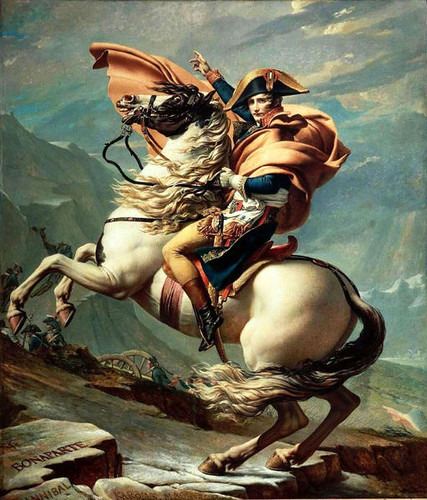
Neoclassical (1750s-1830s) Jacques-Louis David Napoleon Crossing the Alps

Neoclassical (1750s-1830s) Jean-Auguste-Dominique Ingres Jupiter and Thetis

Neoclassical (1750s-1830s) Jean-Auguste-Dominique Ingres The Apotheosis of Homer
1800s-1850s Emphasis on emotion, imagination, and nature
Focus on the sublime, dramatic, and exotic themes
Rejection of strict Neoclassical order
Loose, expressive brushstrokes and rich colors
Interest in folk culture, nationalism, and individualism
Romanticism
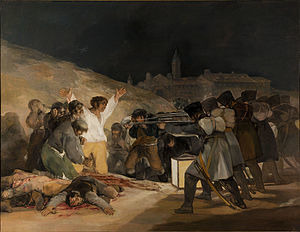
Romanticism (1800s-1850s) Francisco Goya The Third of May 1808
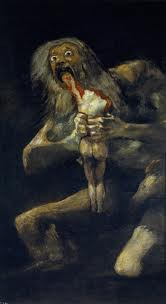
Romanticism (1800s-1850s) Francisco Goya Saturn Devouring His Son
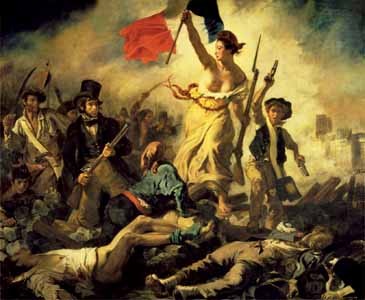
Romanticism (1800s-1850s) Eugene Delacroix Liberty Leading the People
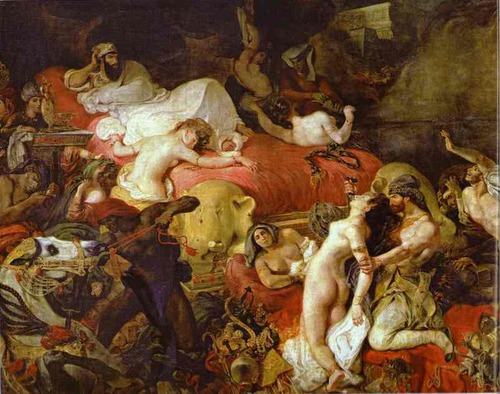
Romanticism (1800s-1850s) Eugene Delacroix THe Death of Sardanapalus
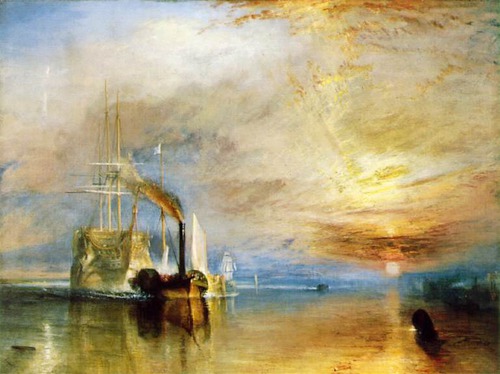
Romanticism (1800s-1850s) JMW Turner THe Fighting Temeraire
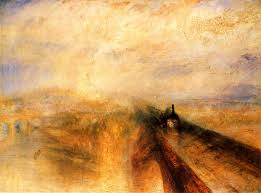
Romanticism (1800s-1850s) JMW Turner Rain, Steam, and Speed
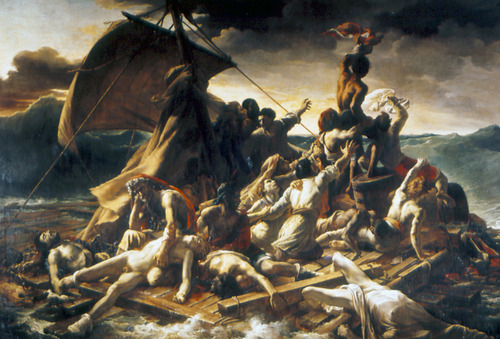
Romanticism (1800s-1850s) Gericault The Raft of the Medusa
Italian Renaissance (14th-16th) Raphael The Alba Madonna
Italian Renaissance (14th-16th) Michelangelo Doni Tondo (Holy Family)
Northern Renaissance (15th-16th) Pieter Bruegel The Elder The Hunters in the Snow
Mannerism (1520s-1600s) El Greco The Vision of Saint John
Mannerism (1520s-1600s) Hendrik Goltzius Apollo
Baroque (1600s-1750s) Artemisia Gentileschi Judith and Holofernes
Baroque (1600s-1750s) Diego Velázquez Las Meninas
Baroque (1600s-1750s) Gian Lorenzo Bernini David
Rococo (1720s-1780s) Francois Boucher The Toilet of Venus
Neoclassical (1750s-1830s) Jacques-Louis David Death of Marat
Romanticism (1800s-1850s) William Blake The Ancient Days from Europe a Prophecy copy B
Romanticism (1800s-1850s) Caspar David Friedrich Wanderer Above the Sea of Fog
Romanticism (1800s-1850s) JMW Turner The Slave Ship
Romanticism (1800s-1850s) Albert Bierstadt Storm over the Rocky Mountains
Impressionism Claude Monet Water Lilies
Impressionism Mary Cassatt Five O’Clock Tea
Impressionism John Singer Sargeant Portrait of Madame X
Chiaroscuro
Play of shadow and light
Contrapposto
“Counterpose” - A human figure standing with most of their weight on one leg
Zeitgeist
Spirit of the Times
Patron/Patronage
The person or group of people paying for the image
Natural vs. Idealization
Naturalism strives for a precise and unadulterated representation of reality, focusing on capturing the world as it is. Idealization involves portraying people, places, or things in a romanticized and unrealistically perfect form
Representational vs. Nonrepresentational
Representational art clearly depicts real objects, figures, or scenes, making them easily recognizable while Non-representational art doesn’t represent anything from the real world, instead focusing on visual elements and their relationships
Contre Jour
“Against the Light” - A silhouette
Impasto
Thickly applied paint
Sfumato
“To evaporate like smoke” - Soft, imperceptible transitions between colors and tones
Secular
Non-Religoius
Humanism
Seeing life and human nature as it actually was - human nature
Individualism
Freedom of action for individual over collective or state control
Tempera
Pigment mixed with egg yolk
Fresco
Technique of applying pigments to wet plaster
Trompe l’oeil
Visual illusion used to trick the eye into perceiving a painted detail as a 3D object
Realism Gustave Courbet A Burial at Ornans
Realism Edouard Manet Olympia
Realism Edouard Manet Luncheon on the Grass
Post/Neo Impressionism Georges Seurat Sunday Afternoon on the Island of La Grande Jatte
Post/Neo Impressionism Paul Cezanne The Large Bathers
Post/Neo Impressionism Vincent van Gogh Portrait of Doctor Gachet